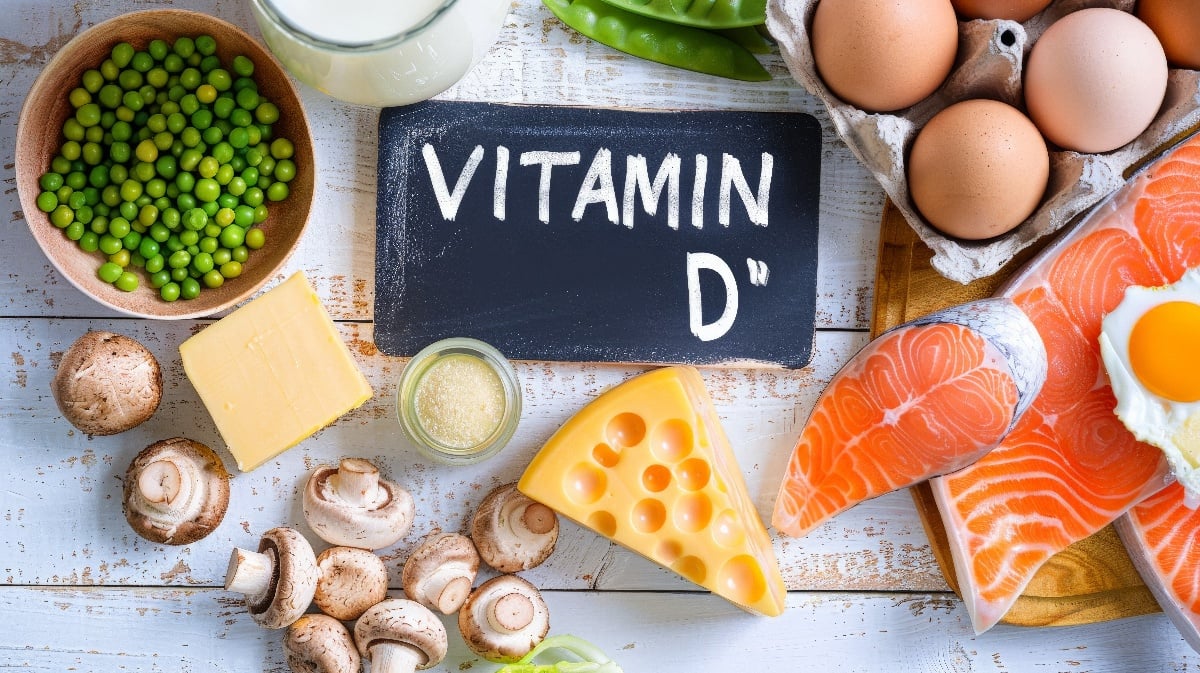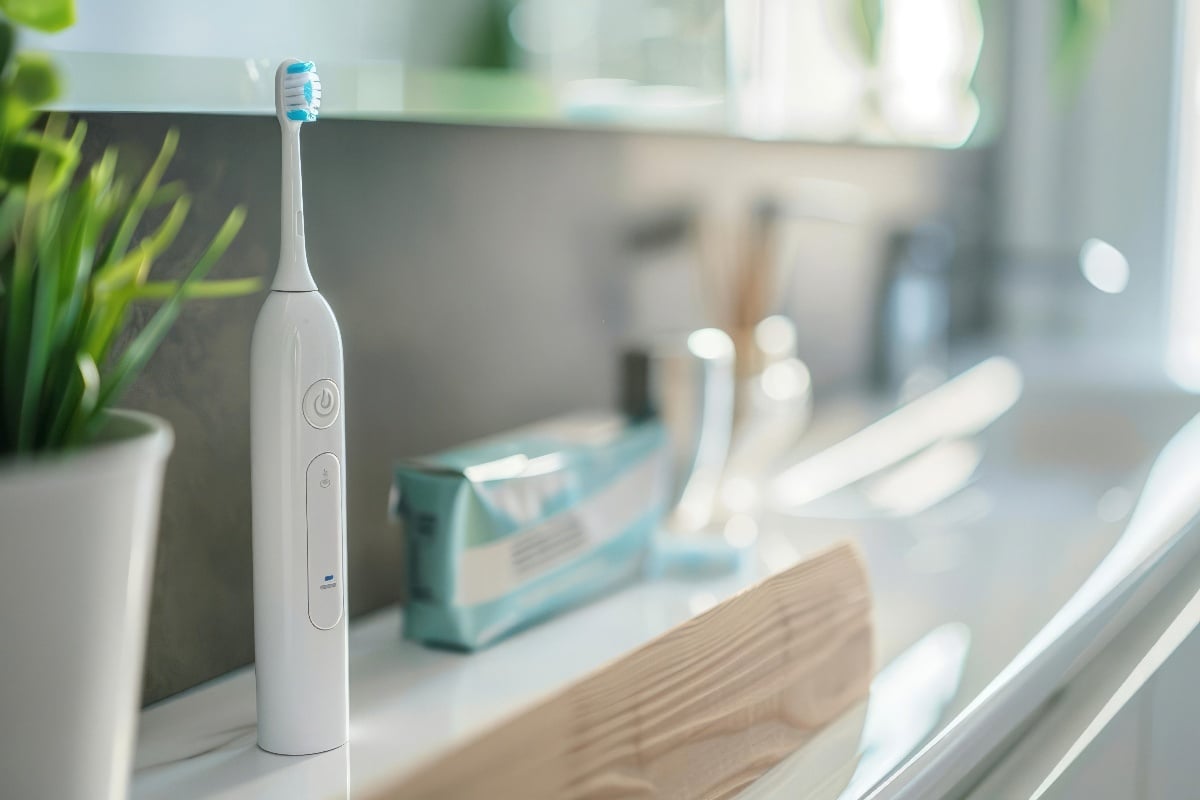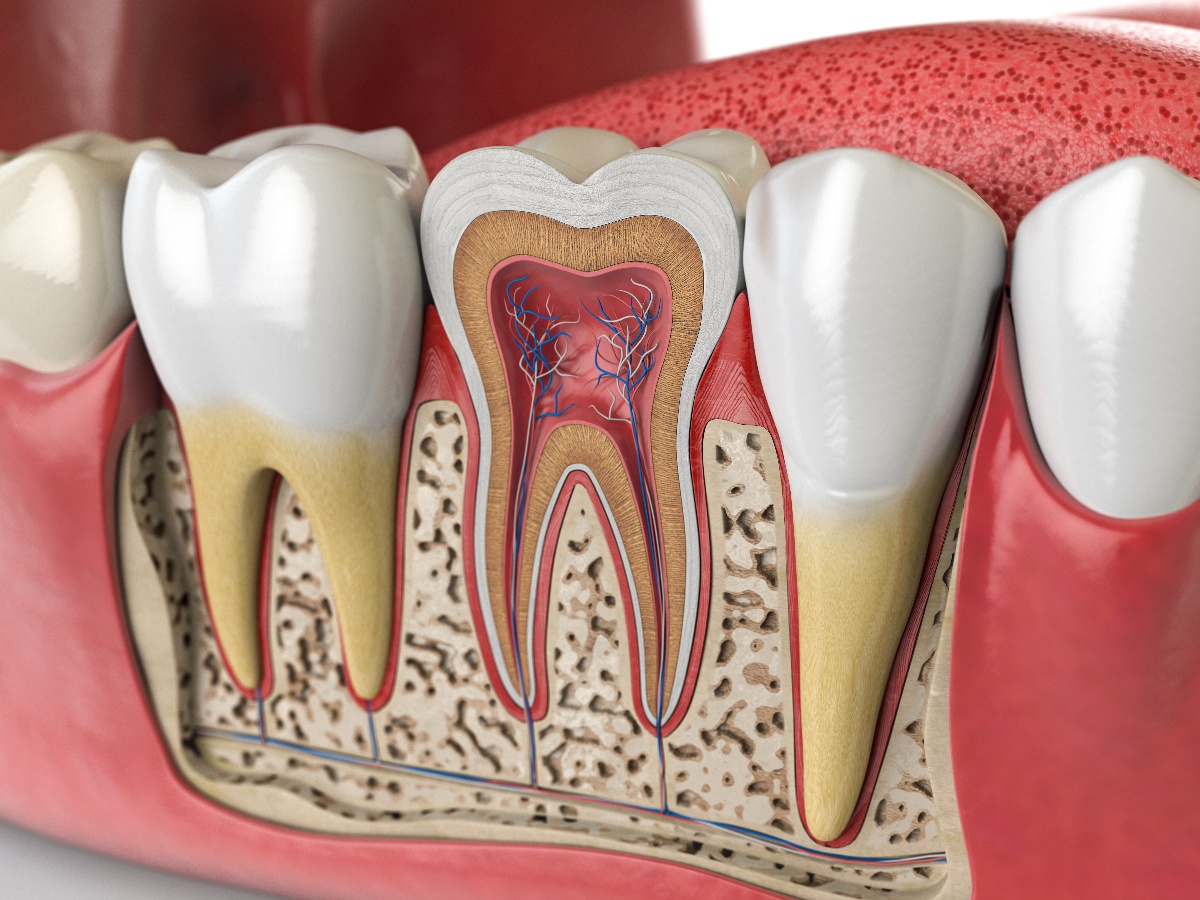Increasingly, oral health is being understood as a crucial component of overall health and well-being. As important as brushing, flossing, and regular dental visits are, it is important to understand that other factors play significant roles in maintaining this critical optimal oral health. One such factor that researchers have been paying more attention to recently is alcohol. With 30 million people over the age of 12 having Alcohol Use Disorder (AUD), it's important to be aware of the potential consequences that alcohol can have on oral health.
The connection between alcohol and oral health is complex for oral health providers and some patients. In addition to long-term systemic effects, such as seen in the liver and brain, alcohol causes the immediate effects of dehydration and dry mouth. These two local environmental changes in the mouth increase the long-term risks of tooth decay and gum disease. Understanding the science behind alcohol's impact on oral health enables more informed decisions about alcohol consumption and promotes more proactive steps to protect teeth and gums from its harmful effects.
Alcohol’s Immediate Effects on Oral Tissues
The effects of alcohol inside the mouth begin almost instantaneously. Alcohol, usually in the form of ethanol, acts as a solvent and begins to interact with oral tissues. Here’s what typically happens:
- Dry Mouth. Consuming alcohol diminishes saliva production, which is essential for oral health. Saliva helps rinse food particles away and neutralize harmful acids produced by bacteria. Having less saliva in your mouth can lead to a condition known as xerostomia or dry mouth, which increases the susceptibility to tooth decay and gum disease.
- Changes in Oral Flora. A drier mouth is more acidic, which disrupts the balance of good and harmful bacteria in the mouth. The resulting environment promotes the growth of certain harmful bacteria that can potentially lead to problems such as halitosis (bad breath), cavities, periodontal disease, and some oral infections.
- Irritation of the Mucous Membrane. Ethanol's solvent nature means it can dissolve the fatty components of the protective oral mucous membrane. This can lead to irritation and sometimes swelling. However, of even more consequence is that this action by alcohol opens a pathway for destructive chemicals and microorganisms to enter deep soft tissues.
Alcohol’s Long-Term Oral Health Impacts
While the immediate effects of alcohol on oral health, such as dry mouth and increased risk of tooth decay, can be concerning, it's also very important to consider the long-term impacts of alcohol consumption on oral health. Regular and excessive alcohol intake can lead to many oral health problems that may have lasting consequences, such as the following:
Tooth Enamel Erosion
Ethanol’s acidity and solvent properties can weaken and erode tooth enamel over time. All alcoholic beverages, especially white wine, slowly demineralize teeth’s outer protective layer, putting them at higher risk of cavities and sensitivity.
Periodontal Disease
Alcohol consumption can have a significant impact on gum health. Periodontal disease, which includes gingivitis and periodontitis, is a serious oral health condition that results in loss of gum, supporting bone, and possibly tooth loss. Additionally, periodontal disease is thought to contribute to other systemic health problems, such as heart disease and Alzheimer’s disease. Alcohol contributes to the development and progression of periodontal disease in several ways:
- Dehydration and dry mouth. This is an environment that makes it easier for harmful bacteria to grow, causing inflammation and infection of the gums and jawbone.
- Impaired immune response. Alcohol reduces the ability to fight off infection and inflammation throughout the body, including the gums and other periodontal tissues.
- Interference with collagen production. Collagen is a vital protein that helps maintain the strength, elasticity, and integrity of gum tissue. Alcohol’s disruption in collagen synthesis weakens the gums, making them more susceptible to damage and infection, such as that seen in periodontal disease. Studies have shown that chronic alcohol use can lead to a decrease in collagen synthesis and an increase in collagen degradation, contributing to the development and progression of severe gum disease.
Alcohol and Oral Cancer
Oral cancer is a serious health concern, and alcohol consumption is one of its most significant risk factors. When alcohol is metabolized, it first converts to acetaldehyde. Some researchers concluded this about about alcohol’s first byproduct: “Acetaldehyde is highly toxic, mutagenic and carcinogenic.” The damage caused by the changes created by alcohol can lead to changes in the oral cavity that increase the risk of oral cancer. The risk is made worse when alcohol use is combined with tobacco. Alcohol and tobacco combine to increase cancer risks in the mouth, throat, and esophagus.
Chronic alcohol consumption can also lead to nutritional deficiencies, such as lower levels of essential antioxidants like vitamins A, C, and E, which protect cells from damage. Without these protective nutrients, the tissues in the oral cavity are more vulnerable to carcinogens. Additionally, alcohol's dehydrating effect on the cell walls enhances the penetration of other harmful substances, such as tobacco, further increasing the risk of mutations and cancer.
Protective Measures and Oral Hygiene
While the effects of alcohol on oral health are significant, there are several measures that can help mitigate these impacts. Understanding and implementing proper oral hygiene and other protective strategies are crucial to maintaining oral health when consuming alcohol.
Mitigating The Negative Effects of Alcohol on Oral Health
To reduce the negative effects of alcohol on the mouth, consider the following strategies:
- Drinking in moderation: Limiting alcohol intake is the most direct way to reduce its harmful effects on oral health. Following the guidelines for moderate drinking can help minimize the risk of damaging oral tissues.
- Hydrating frequently: Alcohol dehydrates the body, so drinking plenty of water before, during, and after consuming alcohol can help maintain saliva production and cleanse the mouth, reducing the risk of dry mouth and related complications.
- Choosing wisely: Opting for drinks that are lower in acidity and sugar can also reduce the risk of tooth enamel erosion and cavities. Mixing alcoholic drinks with water or choosing non-carbonated mixers can also lessen these effects.
- Using straws: Drinking alcoholic beverages through a straw can minimize contact with the teeth, reducing the risk of acid wear on tooth enamel.
Recommended Oral Hygiene Practices
Regular oral hygiene is important for anyone, but especially for those who consume alcohol regularly. Here are some recommendations:
- Routine dental check-ups: Regular visits to the dentist can help catch and address any alcohol-related oral health issues early on.
- Daily brushing and flossing: Brushing at least twice daily and flossing daily helps remove plaque and buildup of bacteria, preventing gum disease and tooth decay.
- Alcohol-free mouthwash: An alcohol-free mouthwash can help in maintaining oral hygiene without adding more alcohol to the oral environment, thus protecting the mucous membranes.
- Quit smoking: For drinkers who also smoke, quitting smoking can significantly reduce the risk of oral cancer and other severe oral health issues.
Implementing these protective measures can help minimize the harmful effects of alcohol on oral health. By prioritizing good oral hygiene practices and making informed choices about alcohol consumption, individuals can help protect themselves against the potential oral health problems associated with alcohol.
Schedule an Appointment
To learn more about our focus on prevention at Palmetto Dental Arts, call us or contact us online.





